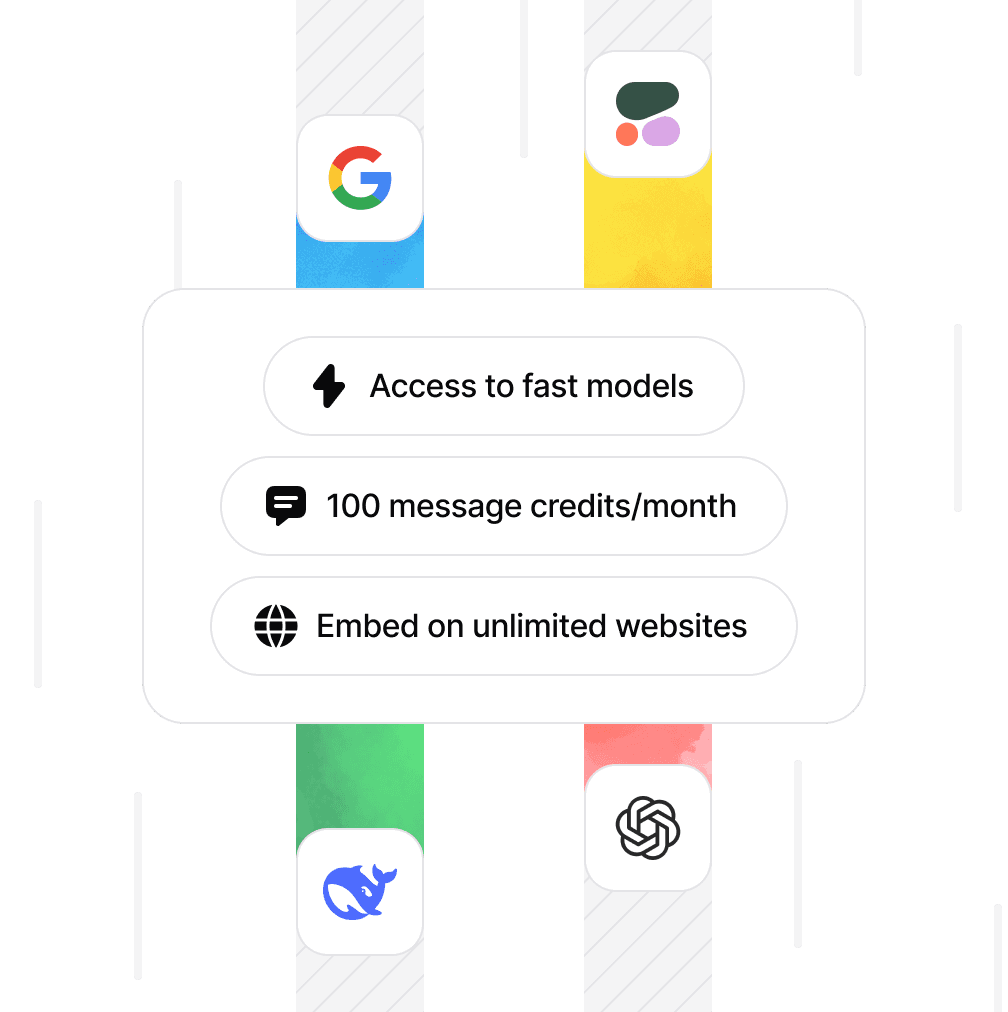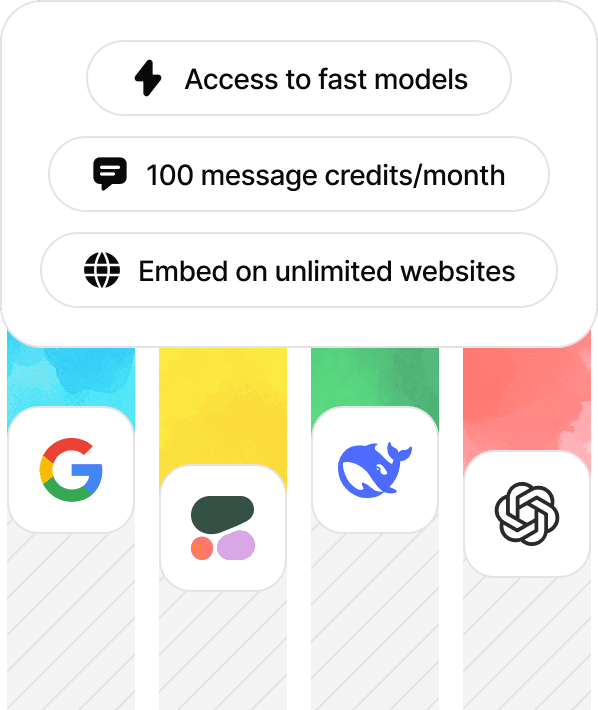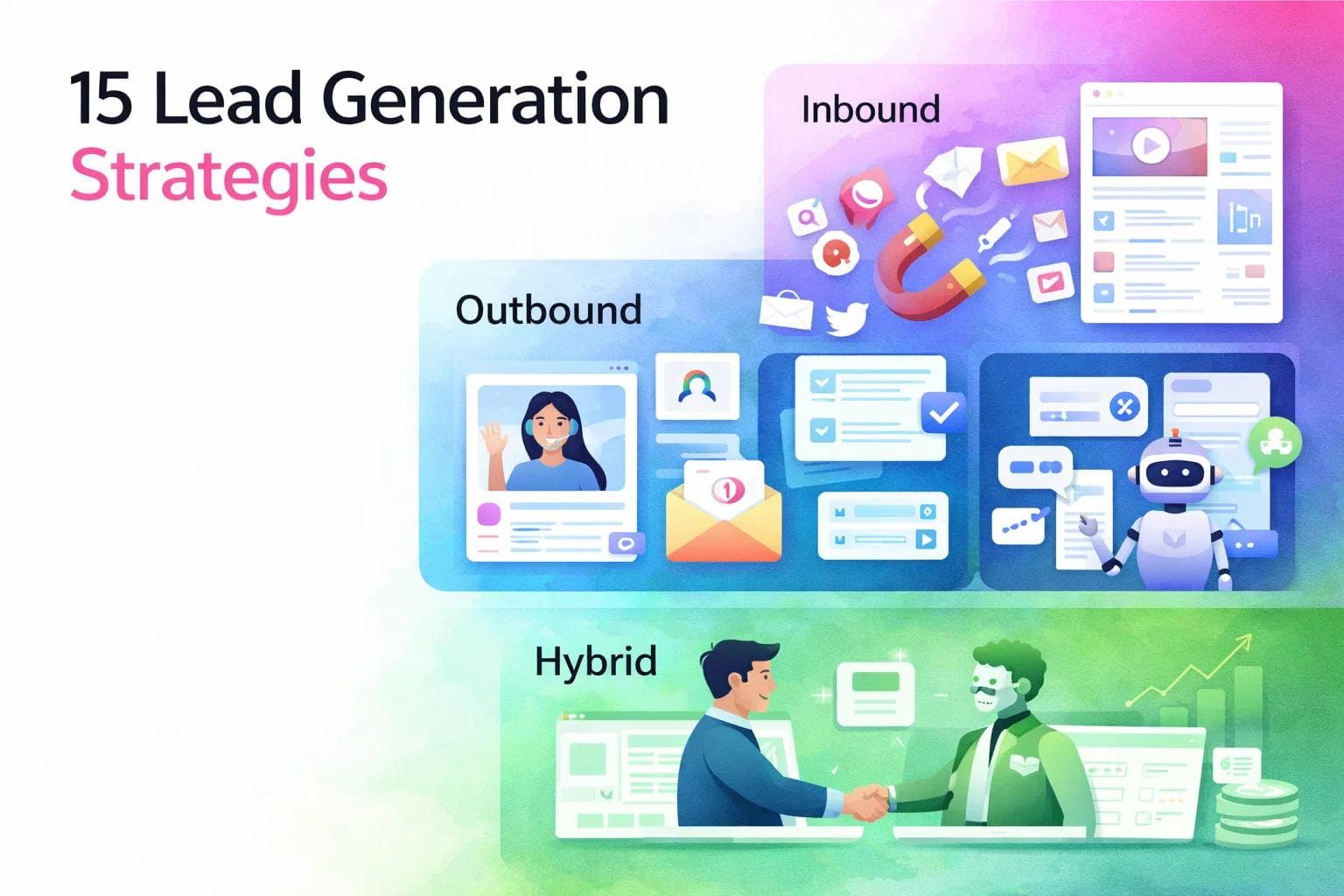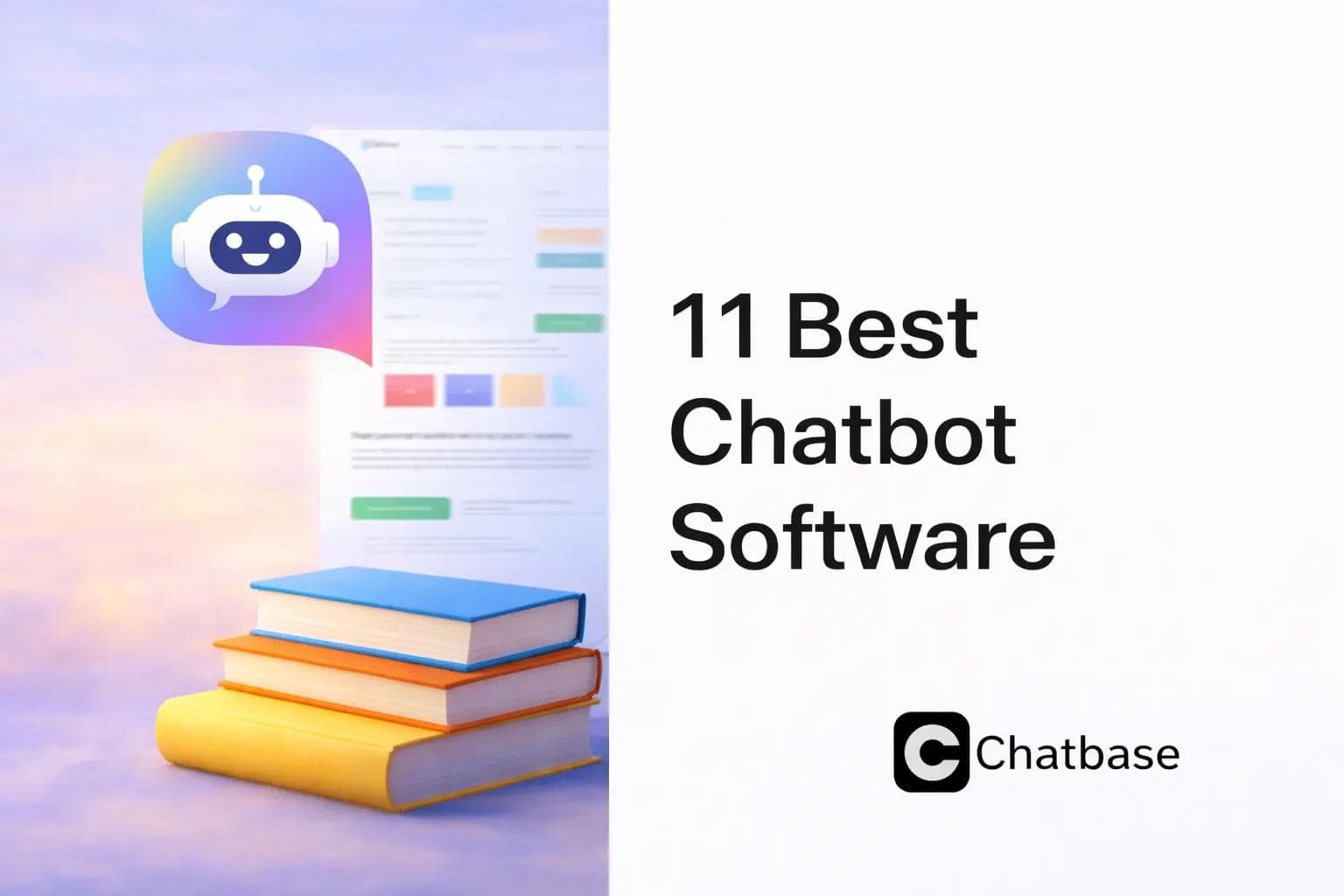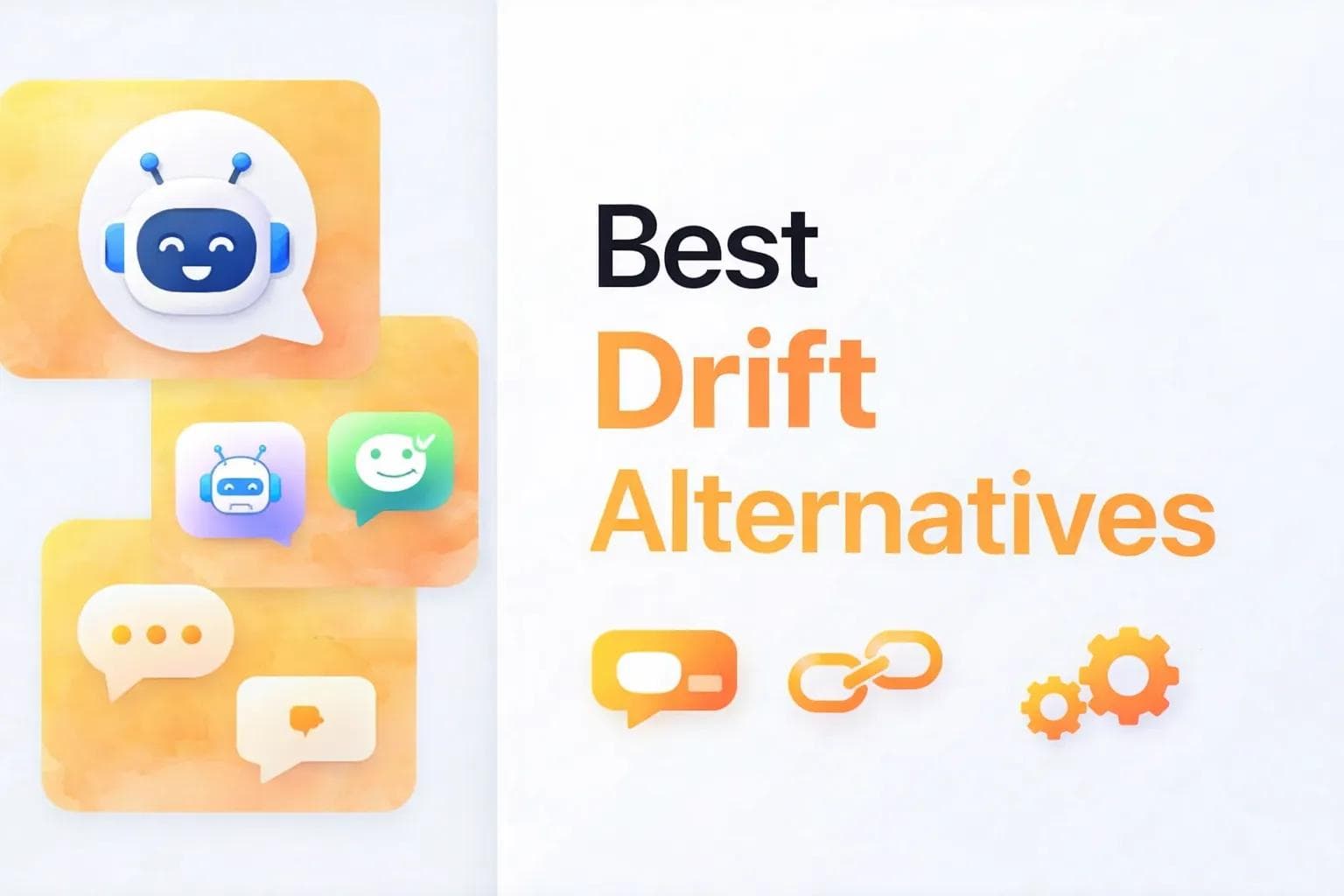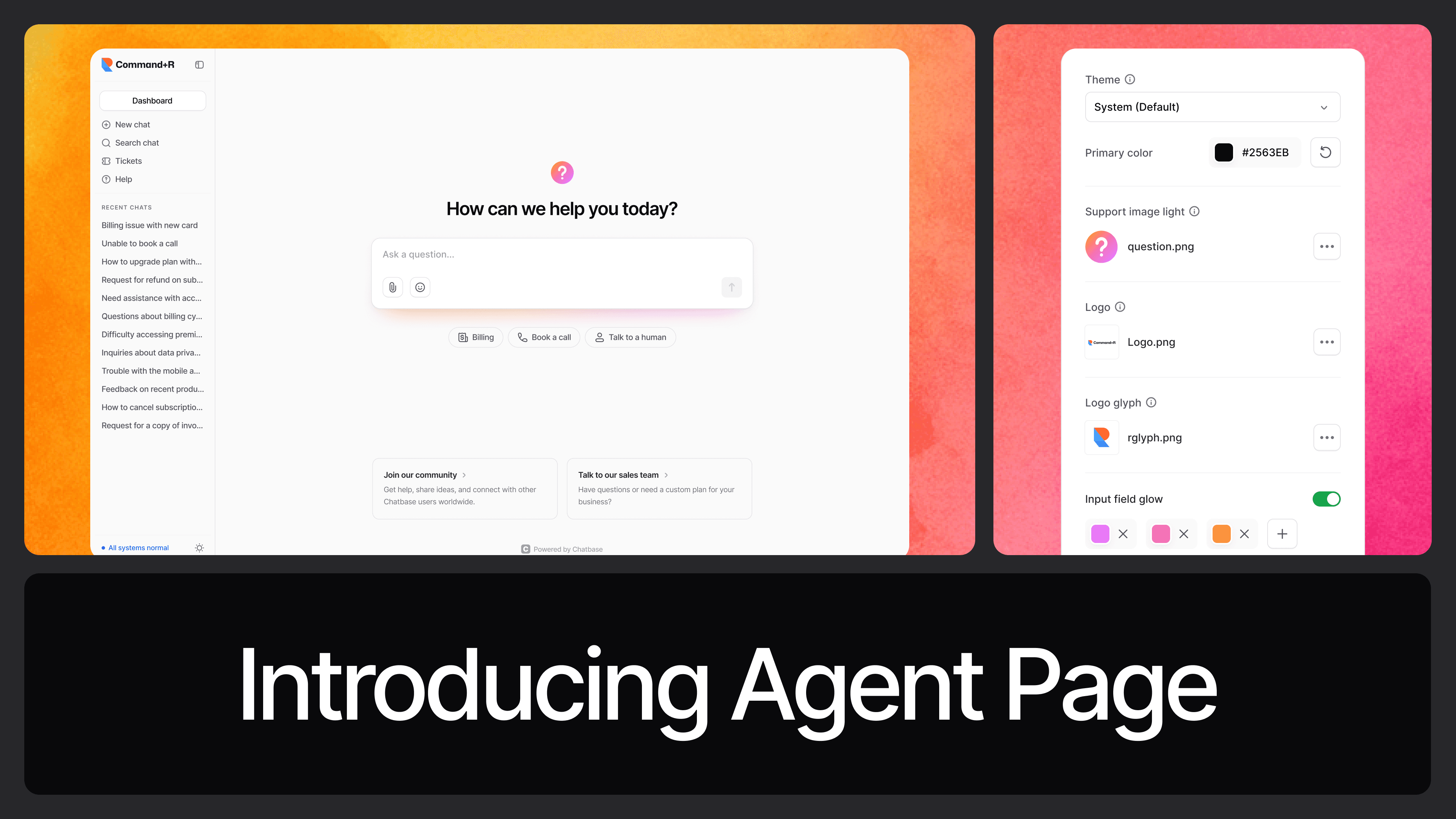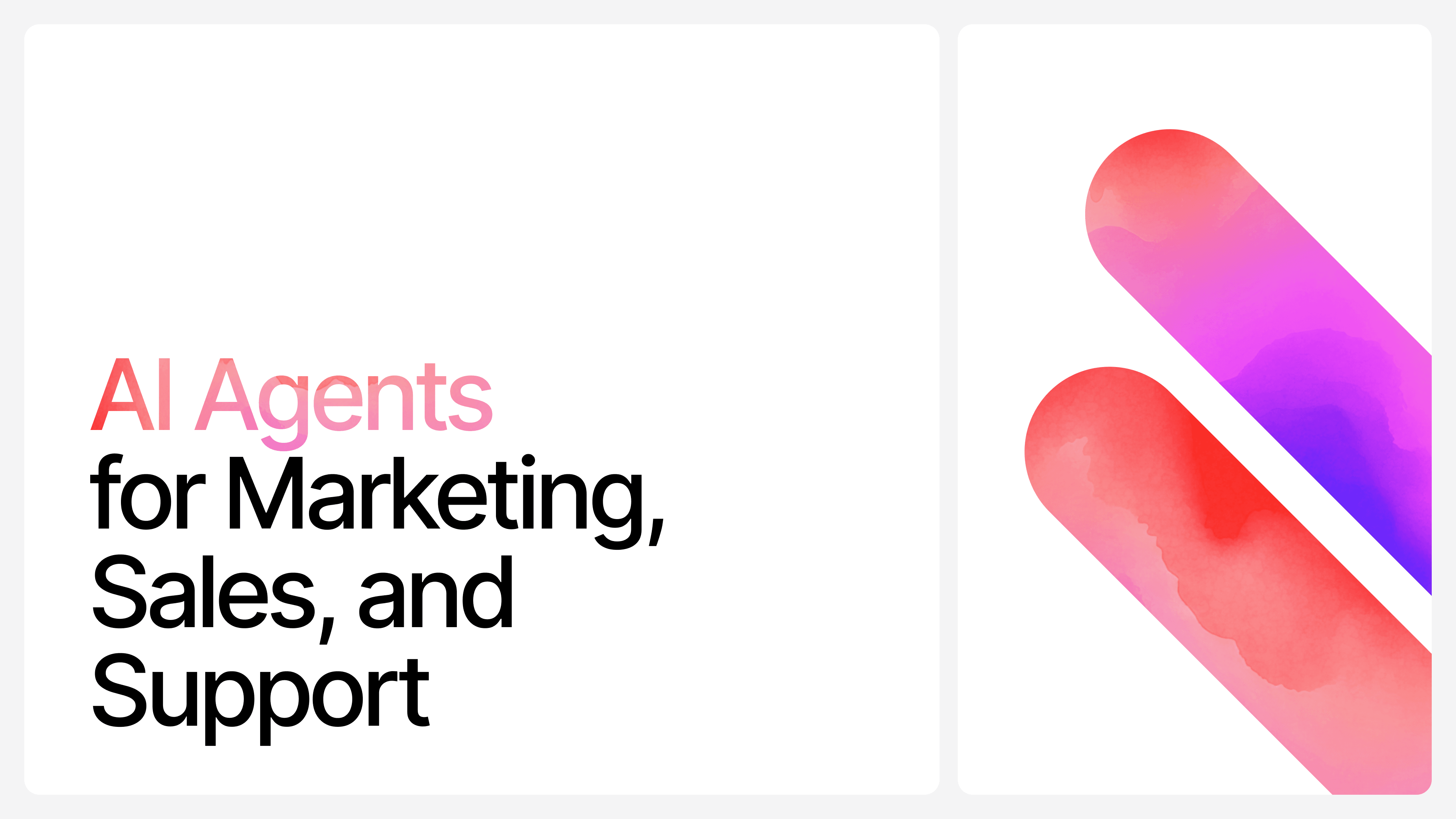ChatGPT Adoption: Trends, Opportunities, and Challenges
Ilias Ism
Apr 26, 2024
12 min read
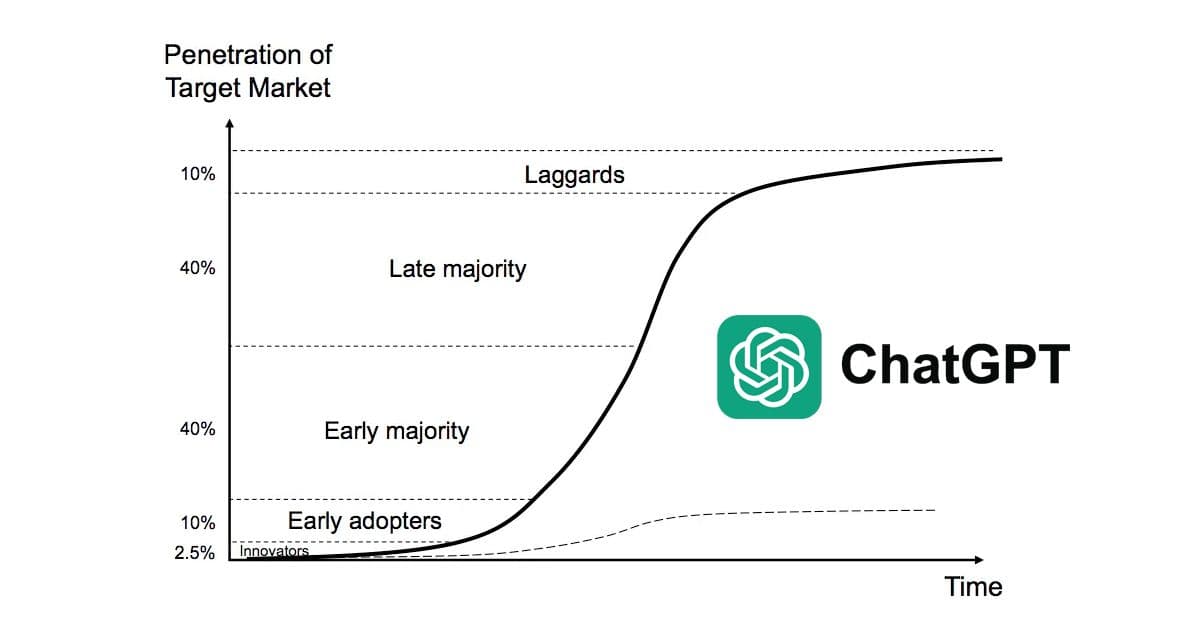
ChatGPT, the AI-powered language model developed by OpenAI, has taken the world by storm since its launch in November 2022.
Its ability to generate human-like responses, understand context, and engage in meaningful conversations has captured the attention of individuals and businesses alike.
In this blog post, we'll dive into the latest ChatGPT adoption statistics, explore its various use cases, and discuss the potential implications for the future.
Interested in using ChatGPT for your business or personal projects? Build your chatbot today!
What is ChatGPT?
![[object Object]](/_next/image?url=https%3A%2F%2Fcdn.sanity.io%2Fimages%2Fi6kpkyc7%2Fprod-dataset%2F29eeca6a4bd7bc111c4635d4bd3bf21b9d9d8d0c-1280x720.webp&w=3840&q=75)
ChatGPT is an AI-powered chatbot developed by OpenAI, a leading artificial intelligence research laboratory.
Launched in November 2022, ChatGPT is based on large language models, specifically the GPT (Generative Pre-trained Transformer) series.
It utilizes advanced natural language processing and machine learning techniques to engage in human-like conversations and generate relevant, coherent responses.
One of the key features of ChatGPT is its ability to understand context and intent, allowing users to refine and steer the conversation towards a desired length, format, style, level of detail, and language.
Through a process called "prompt engineering," users can provide successive prompts and replies, which ChatGPT considers at each stage of the conversation to generate appropriate responses.
ChatGPT's success has also spurred competition in the AI industry, with the release of rival products such as Chatbase, Gemini, Ernie Bot, Perplexity AI, LLaMA, Claude, and Grok.
Microsoft, in partnership with OpenAI, has launched Copilot, which is based on the advanced GPT-4 model.
While ChatGPT has garnered significant attention and praise for its capabilities, some observers have raised concerns about its potential impact on human intelligence, the risk of enabling plagiarism, and the possibility of fueling the spread of misinformation.
Currently, ChatGPT is available online in two versions: one built on GPT-3.5 and the other on GPT-4.
Users can access the GPT-3.5-based version for free, while the more advanced GPT-4-based version and priority access to newer features are provided to paid subscribers under the commercial name "ChatGPT Plus".
ChatGPT adoption trends
![[object Object]](/_next/image?url=https%3A%2F%2Fcdn.sanity.io%2Fimages%2Fi6kpkyc7%2Fprod-dataset%2Ff48f88ef15a1b95395e8003a00c36ebf304b5933-1200x630.jpg&w=3840&q=75)
The adoption of ChatGPT has been nothing short of phenomenal. Within just five days of its launch, ChatGPT gained one million users, making it the fastest-growing consumer application in history.
By February 2023, just two months after its release, ChatGPT had surpassed 100 million monthly active users.
To put this into perspective, it took TikTok nine months and Instagram two and a half years to reach the same milestone.
According to a survey by YouGov, nearly half of Americans have heard either a little or a lot about ChatGPT.
However, familiarity with the technology varies by education level, with approximately two-thirds of people with a postgraduate degree being aware of ChatGPT.
Interestingly, 54% of respondents said they had heard "nothing at all" about the AI chatbot.
When it comes to actual usage, a study by Statista revealed that only 12% of American adult survey respondents had used ChatGPT to produce text themselves.
The adoption rate also varies by age group, with millennials leading the way at 35%, followed by Gen Z at 29%, Gen X at 26%, and Boomers at 20%.
What is ChatGPT being used for?
![[object Object]](/_next/image?url=https%3A%2F%2Fcdn.sanity.io%2Fimages%2Fi6kpkyc7%2Fprod-dataset%2F9c59e661aa702039c2a268ab1b243df581877f0b-2776x1346.png&w=3840&q=75)
The potential applications of ChatGPT are vast and diverse. Here are some of the most prominent use cases:
Customer Service and Support
![[object Object]](/_next/image?url=https%3A%2F%2Fcdn.sanity.io%2Fimages%2Fi6kpkyc7%2Fprod-dataset%2F8924883e470d5cd52c71828ba18c4f212279016e-1356x1168.png&w=3840&q=75)
One of the most significant advantages of ChatGPT is its ability to provide efficient and round-the-clock customer assistance.
By integrating ChatGPT into customer support systems, businesses can improve response times, increase customer satisfaction, and handle high volumes of inquiries.
ChatGPT can understand customer queries, provide relevant information, and even offer personalized recommendations.
Content Creation and Marketing
![[object Object]](/_next/image?url=https%3A%2F%2Fcdn.sanity.io%2Fimages%2Fi6kpkyc7%2Fprod-dataset%2Fb128f6b8a9d57aeed40e6223f20dede5f49f7a4a-800x607.png&w=3840&q=75)
ChatGPT has become a valuable tool for content creators and marketers.
It can assist in generating blog post ideas, writing compelling headlines, crafting engaging social media posts, and even creating entire articles with ChatGPT prompts for SEO.
While human oversight and editing are still necessary, ChatGPT can significantly streamline the content creation and help overcome writer's block or even perform SEO audits entirely.
Language Translation
![[object Object]](/_next/image?url=https%3A%2F%2Fcdn.sanity.io%2Fimages%2Fi6kpkyc7%2Fprod-dataset%2Fe2a2d90e51e22fbe3ed45cf0ec00313cccf8de50-1270x760.png&w=3840&q=75)
For businesses operating in global markets, ChatGPT offers real-time language translation capabilities.
This feature facilitates communication with customers and partners worldwide, breaking down language barriers and enabling seamless interactions. Users can learn languages with personalized AI language workbooks.
Data Analysis and Insights
ChatGPT can make data analysis more accessible to a broader audience within an organization.
By processing large datasets and identifying trends and patterns, ChatGPT can provide valuable insights that inform decision-making and strategy development.
Creative Writing and Storytelling
![[object Object]](/_next/image?url=https%3A%2F%2Fcdn.sanity.io%2Fimages%2Fi6kpkyc7%2Fprod-dataset%2F098c028b469ce52438b654ba9849d5cc42b76396-1860x1138.png&w=3840&q=75)
Beyond business applications, ChatGPT has also found a place in the creative realm. Writers can use the AI tool to generate stories, develop characters, and even collaborate on writing projects.
While ChatGPT's outputs may require refinement and human touch, it can serve as a powerful brainstorming and ideation tool.
Personal Assistants and Chatbots
![[object Object]](/_next/image?url=https%3A%2F%2Fcdn.sanity.io%2Fimages%2Fi6kpkyc7%2Fprod-dataset%2F5f2aaae24df500408f043d5c19d2703077d6da65-1386x1230.png&w=3840&q=75)
ChatGPT can function as a personal assistant, helping users with tasks such as scheduling appointments, setting reminders, answering questions, and providing recommendations.
When integrated into chatbots, ChatGPT can enhance user engagement and deliver personalized experiences.
MagicBuddy is a popular example of a chatbot powered by ChatGPT that assists users with a wide range of tasks.
The Future of ChatGPT
![[object Object]](/_next/image?url=https%3A%2F%2Fcdn.sanity.io%2Fimages%2Fi6kpkyc7%2Fprod-dataset%2Fe4811cc27bff406c0d7b437d9f366ffe008dc9bc-2596x1174.png&w=3840&q=75)
As ChatGPT continues to evolve and gain widespread adoption, it's essential to consider the potential implications and challenges that lie ahead.
One major concern is the accuracy and reliability of ChatGPT's responses. While the AI model has been trained on a vast amount of data, it can still generate biased or inaccurate information.
Organizations must exercise caution when relying on ChatGPT for critical decision-making and ensure human oversight and fact-checking.
Our team at Chatbase is solving this problem by providing a platform that allows users to train and fine-tune ChatGPT to meet their specific needs, ensuring more accurate and reliable responses.
Another consideration is the ethical implications of AI-generated content. As ChatGPT becomes more sophisticated, it may become increasingly difficult to distinguish between human-written and AI-generated text.
This raises questions about authorship, intellectual property rights, and the potential for misuse or manipulation.
Privacy and data security are also crucial factors to consider when implementing ChatGPT in business settings.
Organizations must ensure that sensitive information is protected and that the use of ChatGPT complies with relevant regulations and guidelines.
Despite these challenges, ChatGPT's future looks promising. OpenAI continues to update and improve the model, introducing new features such as voice and image capabilities, support for multiple languages, and enterprise-grade security and customization options.
As ChatGPT evolves, it has the potential to revolutionize various industries and transform the way we interact with technology.
Conclusion
![[object Object]](/_next/image?url=https%3A%2F%2Fcdn.sanity.io%2Fimages%2Fi6kpkyc7%2Fprod-dataset%2F6eb6f705f299e53399d0dde6904356b30eefa273-1520x800.png&w=3840&q=75)
The rapid adoption of ChatGPT has been nothing short of remarkable. With its ability to understand and generate human-like responses, ChatGPT has found applications in customer service, content creation, language translation, data analysis, and creative writing.
As businesses and individuals continue to explore the potential of this powerful AI tool, it's crucial to consider the ethical implications, accuracy concerns, and privacy issues that may arise.
Looking ahead, the future of ChatGPT is filled with both excitement and uncertainty. As technology continues to advance and mature, it will undoubtedly shape the way we communicate, work, and create.
Embracing the opportunities while navigating the challenges will be key to harnessing the full potential of ChatGPT and other AI-powered language models.
Our team at Chatbase is excited to be at the forefront of this AI revolution, empowering businesses and individuals to leverage ChatGPT for a wide range of applications.
If you're interested in building your chatbot or exploring the possibilities of AI-powered conversational agents, get started with ChatBase today!
Share this article:
